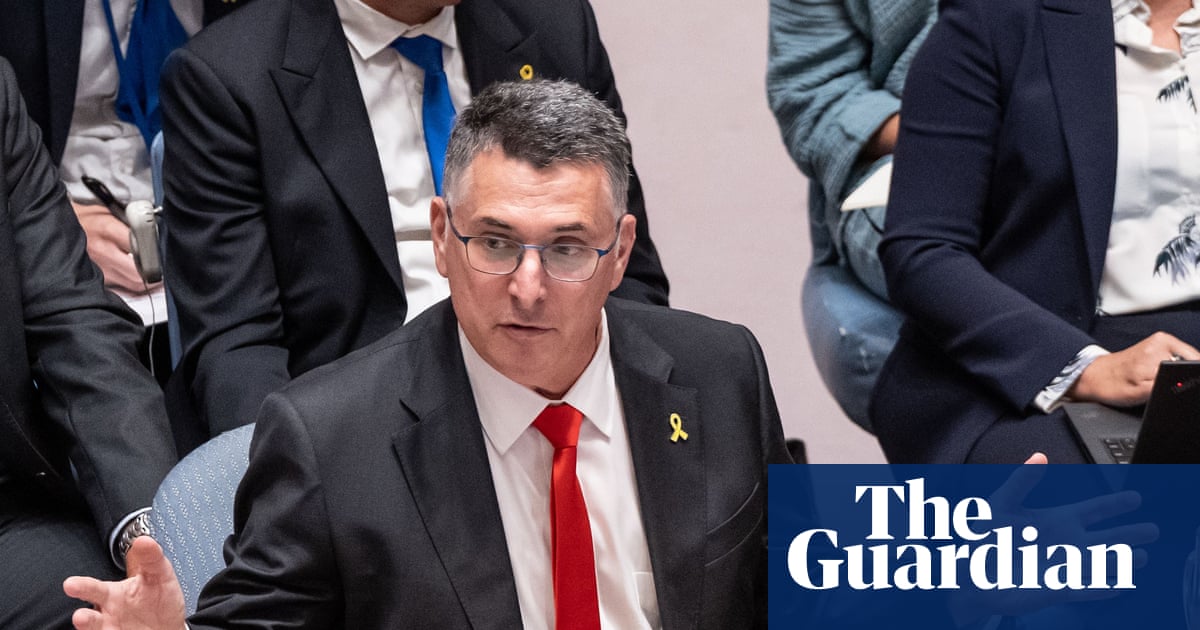
Australia’s recent refusal to grant a visa to far-right Israeli politician Simcha Rothman has sparked a diplomatic clash with Israel, leading to retaliatory measures and heated exchanges between the two nations. This development highlights the deep complexities of international relations and the ongoing debates surrounding free speech, antisemitism, and the Israeli-Palestinian conflict.
What Triggered the Diplomatic Fallout?
The controversy began when Australia’s Home Affairs Minister, Tony Burke, announced on Monday the cancellation of Rothman’s visa application. Rothman, a member of Israel’s Religious Zionism party and a staunch opponent of the two-state solution, was expected to visit Australia as part of a “solidarity tour” for Jewish Australians. This decision followed concerns that his presence could “spread division” within Australian communities.
Burke stated, “Our government takes a hard line on people who seek to come to our country and spread division. If you are coming to Australia to spread a message of hate and division, we don’t want you here.”
Israel’s Response to the Visa Denial
Israel responded swiftly and firmly. Foreign Minister Gideon Sa’ar revoked the visas of Australian representatives to the Palestinian Authority, labeling the visa refusal as “shameful and unacceptable.” He further accused the Australian government of fueling antisemitism by suggesting the presence of Israeli figures could disrupt public order.
Sa’ar announced the revocation of Australian representatives’ visas via X (formerly Twitter) and instructed the Israeli embassy in Canberra to carefully scrutinize any future Australian visa applications to Israel. This reaction signals strained ties between the two nations, exacerbated by Australia’s recent recognition of Palestinian statehood at the United Nations General Assembly.
The Larger Debate on Antisemitism and Hate Speech
Prominent members of Israel’s government, including Rothman himself, accused the Australian government of harboring antisemitism. Rothman, known for his controversial statements about Palestinians, criticized the decision as a “blatant” manifestation of antisemitism. Meanwhile, Israeli politicians like Bezalel Smotrich and Amichai Chikli reinforced this sentiment, calling Australia’s actions discriminatory and hypocritical.
On the other hand, Australian authorities have previously barred entry to individuals accused of similar behavior, including controversial figures like Kanye West and Ayelet Shaked. This underlines Australia’s broader policy of rejecting individuals whose rhetoric could incite division and harm national unity.
A Long-Standing Issue: Israel and Palestine
This disagreement also brings back focus to the Israeli-Palestinian conflict. While Australia recently reaffirmed its commitment to a two-state solution, Rothman—a vocal critic of this framework—has openly supported ideas such as Israel’s annexation of the West Bank and policies that portray Palestinians as security threats. His rhetoric, considered inflammatory by many, underscores the deep polarization regarding this issue and challenges efforts toward peaceful resolution.
The Global Impact
As tensions rise, this event underscores the fragility of diplomatic relationships tied to sensitive political and ideological issues. While free speech remains an essential value, its intersection with hate speech and discrimination often challenges how governments respond to controversial figures attempting to cross their borders.
Recommendation: Embrace Inclusivity and Self-Care
In times of global turbulence, prioritizing mental well-being is crucial. The diplomatic strain may feel disheartening to many who follow international developments closely. Exploring ways to de-stress, such as mindfulness practices or skincare routines, can make a positive difference in your lifestyle. Consider trying the La Mer Moisturizing Soft Cream, a luxurious option renowned for its calming and nourishing effect on the skin.



